The key steps to preparing for coronavirus, and the one you may have missed
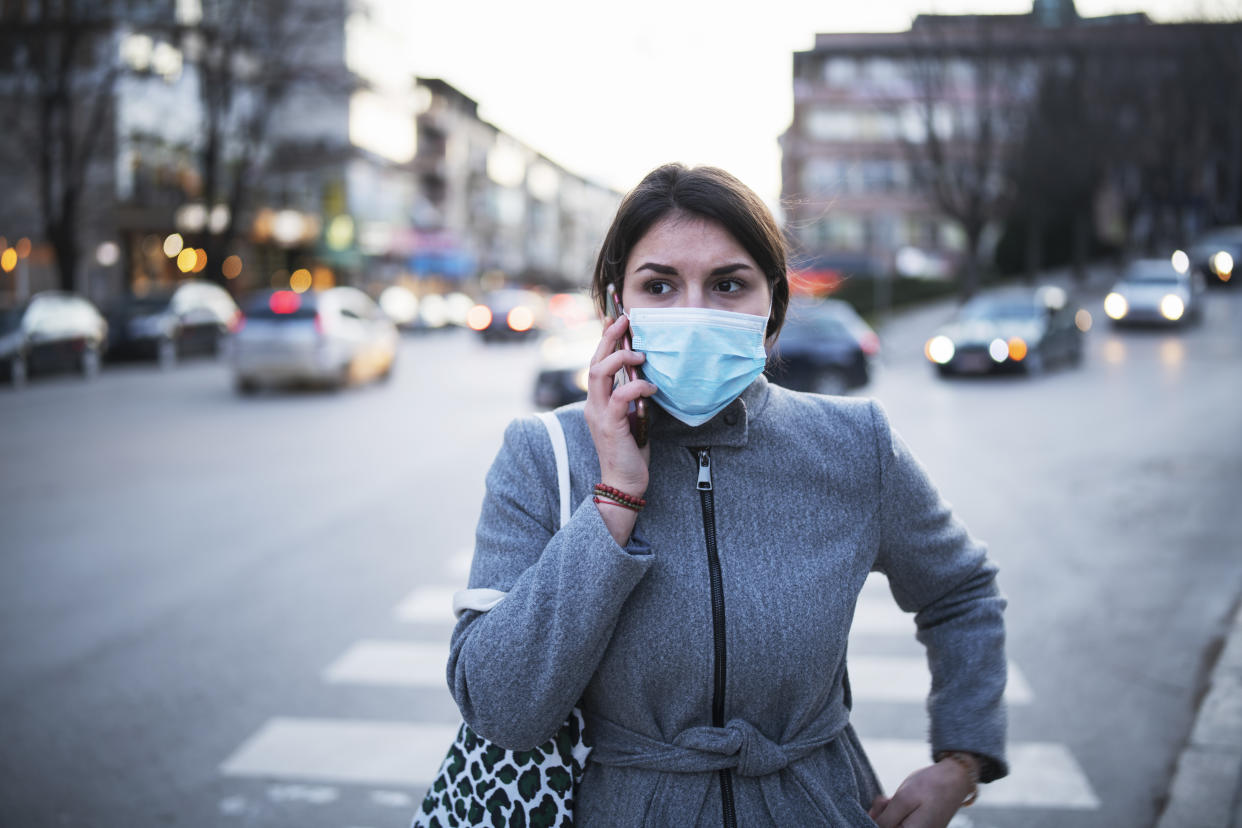
The idea of a global health crisis is never a pleasant one to contemplate, let alone when the possibility of a pandemic declaration hangs over our heads, and it turns out there could be a mistake your making with one of the most commonly suggested preventative measures.
While experts urge the public not to panic, they are recommending a series of simple and straightforward measures everyone can take to minimise risk, and prepare for the possibility of contracting coronavirus.
No, this isn’t an end of the world how-to, nor tinfoil headgear promotional material, but there is one tiny detail you may have overlooked in your coronavirus prep kit.
1. Hands, hands hands
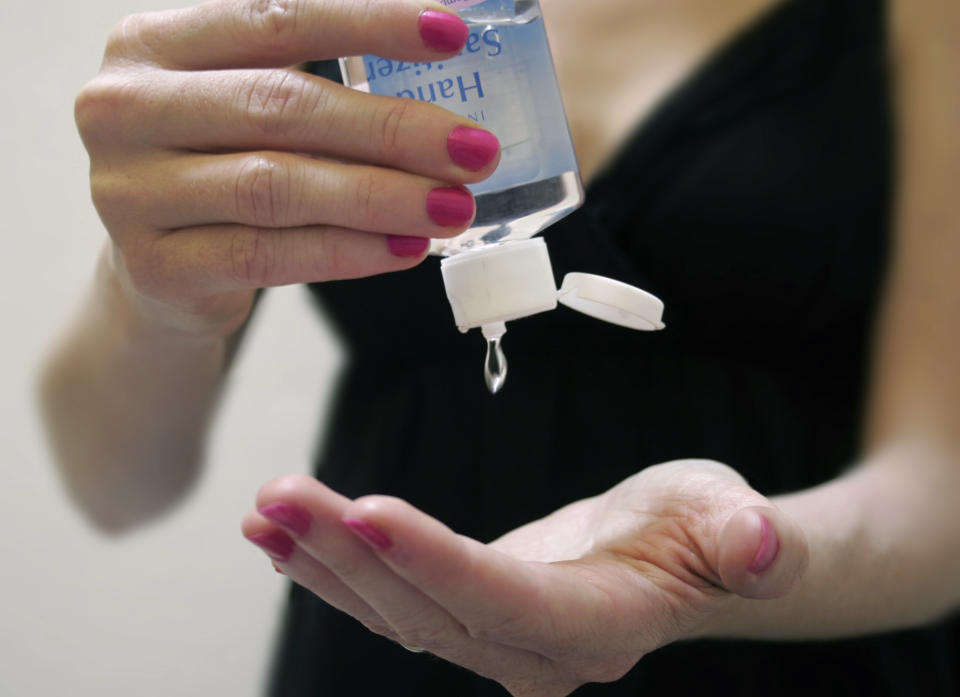
At the top of the World Health Organisation’s recommendations is simply washing your hands regularly with soap and water or alcohol-based disinfectants.
A commonly overlooked detail is that those hand sanitizers should be alcohol-based.
“If it doesn’t have alcohol, that’s going to impact (the effectiveness) a lot,” Professor William Rawlingson a virologist, or virus expert, with the University of Sydney tells Yahoo Lifestyle.
He suggests that to minimise confusion, it is best to follow the Organisation’s recommendations, available here, as close to the letter as possible.
Some anti-bacterial hand sanitizers are made without alcohol and therefore useless when dealing with a virus such as coronavirus.
The ‘alcohol-free’ advertisement on certain bottles may have formerly been a selling point for sensitive skin, but it’s now a sign that the product isn’t ideal for fighting viral infections, so carefully checking ingredients to ensure it contains ethanol is a must.
Hand washing may seem simple, but a detailed how-to could be your very best protection.
2. Get informed
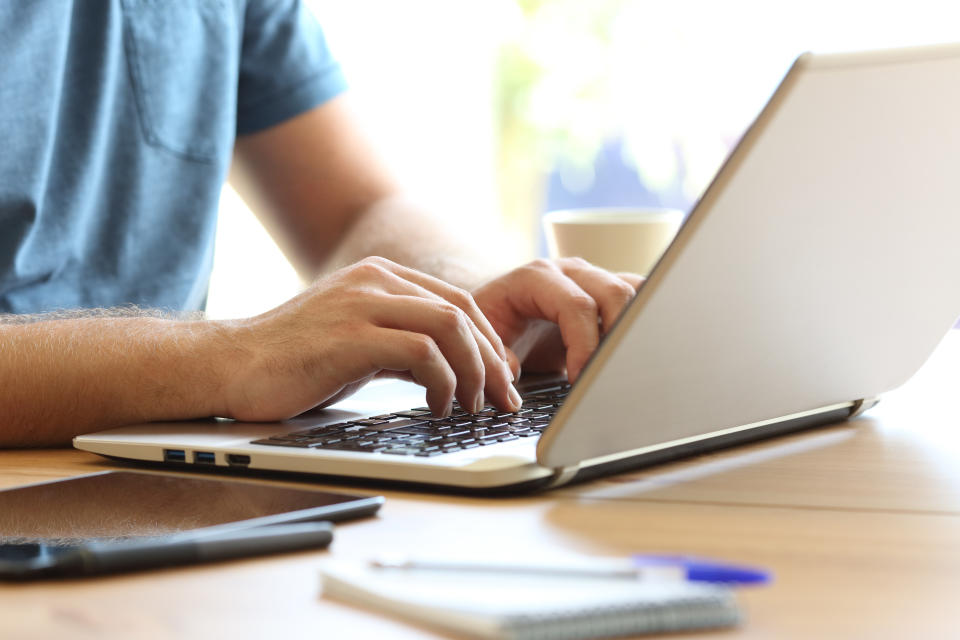
According to Professor Rawlingson, getting the right information is probably the most important way of preparing and preventing coronavirus.
He urges Aussies to stick to official websites like state-based health sites, and the World Health Organisation’s fact sheets.
“It’s very important for people to get accurate information,” he says, adding that government sites are often updated daily, as is WHO, making it the most comprehensive and useful place to get informed.
3. Stock up now
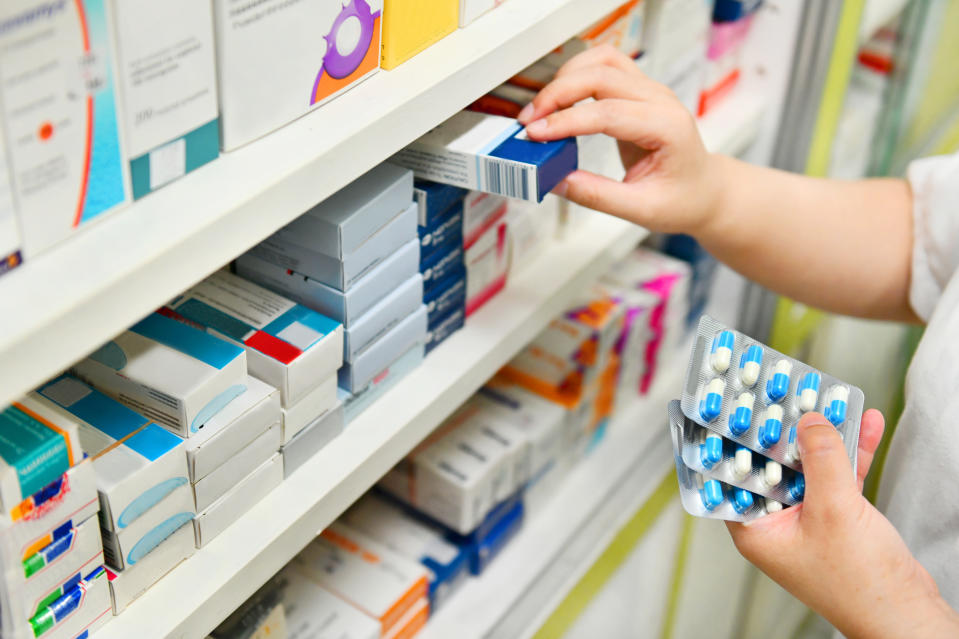
No, don’t fill seven trolleys with canned soup, but do make sure you have enough non-perishables in case you need to quarantine yourself.
Professor Rawlingson says people’s own vigilance in keeping an eye on symptoms and signs in themselves is key to fighting the disease on a personal level.
In case you do need to take a few days out, prepare for those flu-like symptoms with as much non-perishable fruit and veg as possible, think tins and frozen.
Additionally any prescriptions you might be running low on, or painkillers or electrolytes you might need if the symptoms set in should probably be purchased sooner rather than later.
4.Put those tissues where they belong
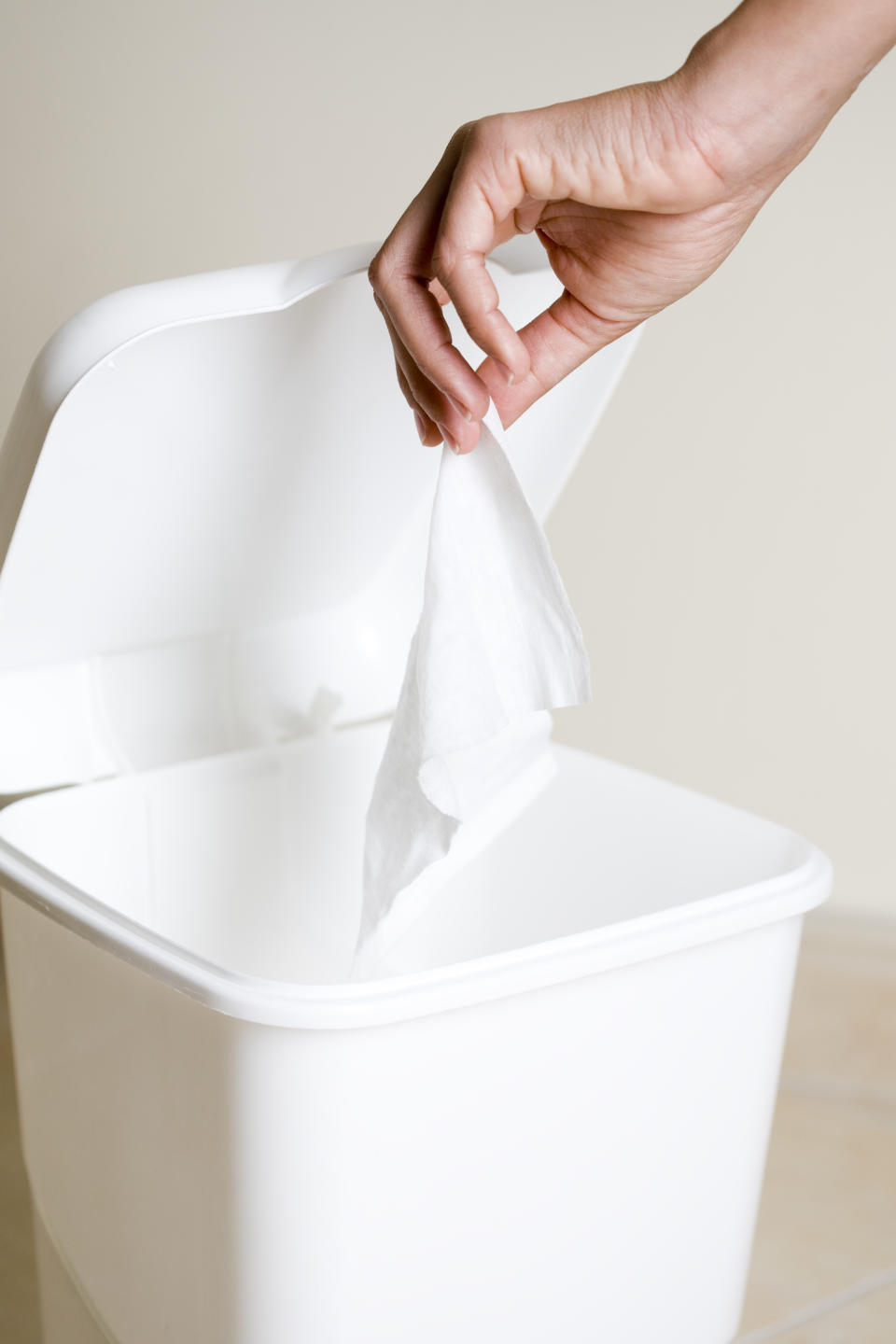
That is, in the bin.
Don’t forget the reason we use of tissues is to containing droplets and mucus from a runny nose or any sneezing and coughing. It follows that you don’t want to keep it around any longer than you need to. WHO have specifically urged people to dispose of their tissues as soon as possible, and not keep them on your person.
5.Follow sneezing and coughing etiquette
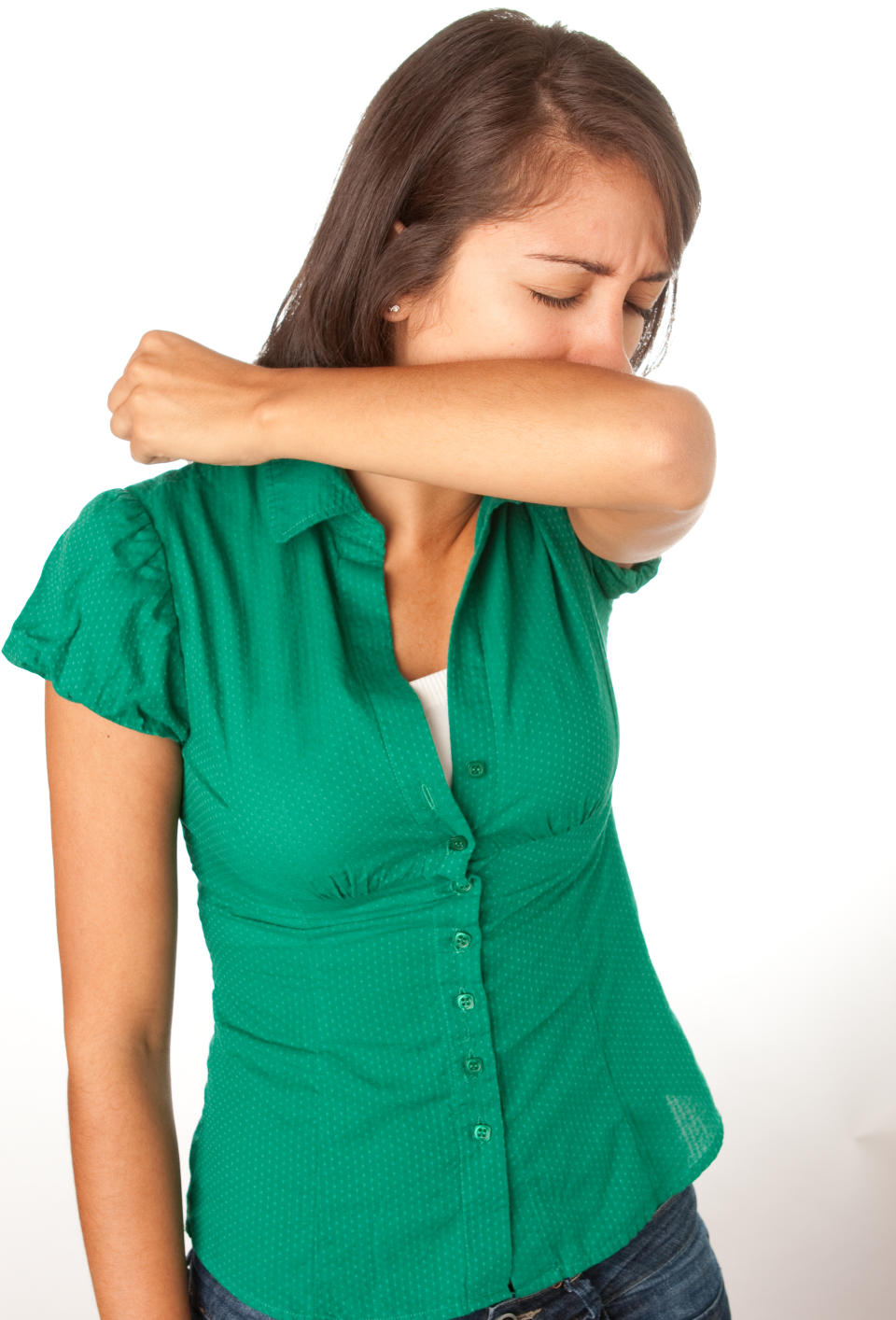
Avoiding sneezing or coughing into the palm of your hand is near the top of key resources recommendations.
Professor Rawlingson points out the majority of the hygiene recommendations are the same as for the flu, but remain extremely important.
“The recommendations are very much the same for coronavirus as they are for respiratory illnesses like the flu,” he says
“The messages are fairly simple but important when it comes to avoiding infection.”
Remember the hands are the window to germs, so use an elbow or tissue to cover your mouth instead of coughing into your palm.
6.Keep your distance.
World Health recommends a personal distance of at least one metre, to avoid spreading droplets or other fluids that could spread the virus.
So, if you have one of those friends who stands too close, assert your boundaries.
7.Call ahead
Last but certainly not least, Dr Rawlingson and World Health are both clear that should you fear you have contracted the disease, it’s important to call ahead, whether you intend to visit your local GP, or an emergency department.
“We recommend ringing ahead so speak to your personal doctor or speaking to the emergency department so you don’t turn up just saying I may have COVID-19,” he says, adding the precaution will allow the centres to take appropriate actions to reduce your contact with other patients, and get you to the necessary department more quickly.
8.Don’t panic
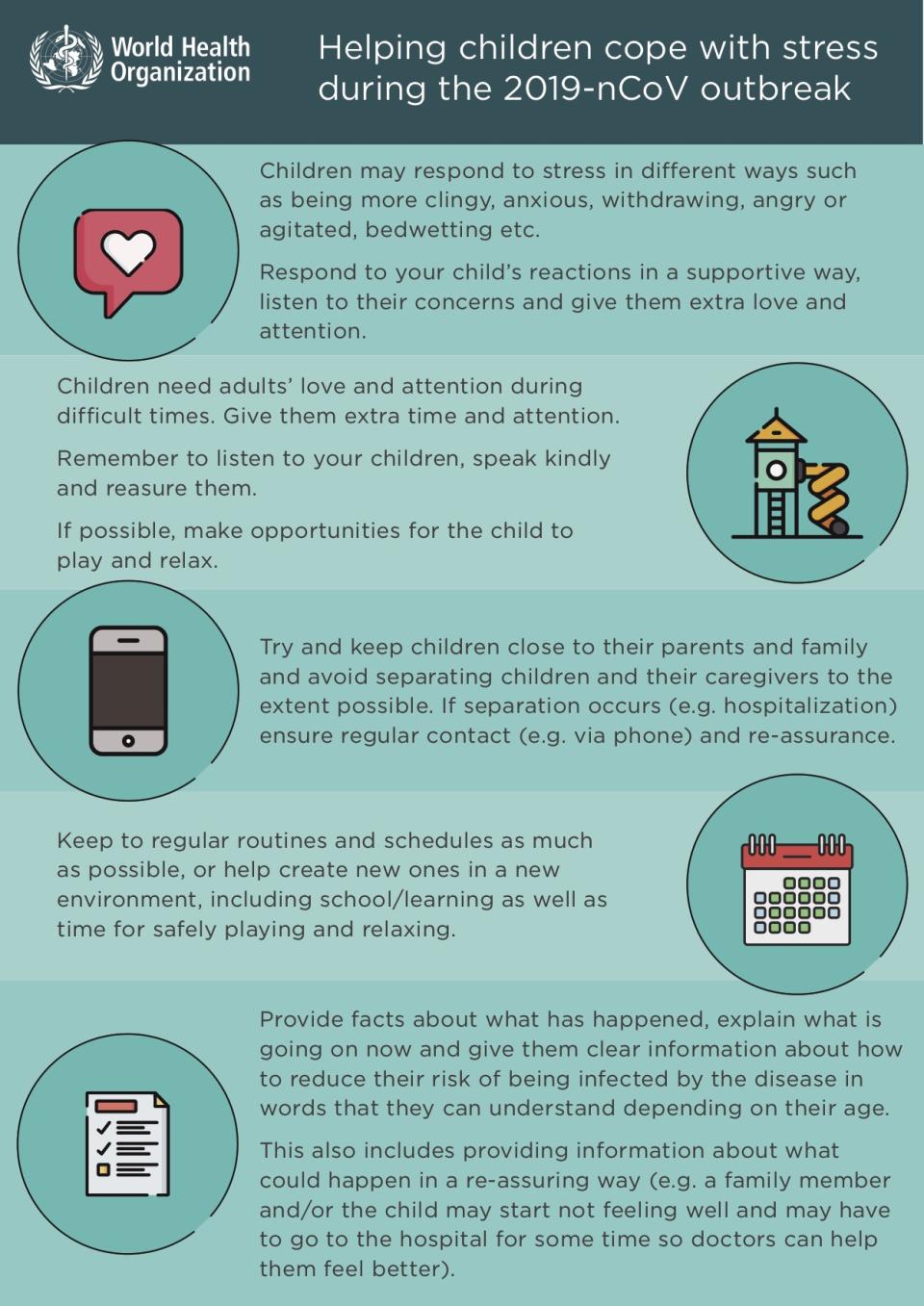
The World Health Organisation has released guidelines to help adults and children cope with the stress and anxiety fears about the virus may induce.
It’s a sentiment Professor Rawlingson agrees with, reassuring Aussies that so far, the virus seems to be operating as projected and that Australia is braced for the worst, but hoping for the best.
“Australia still has a small number of cases and, correctly, people at medical and political levels are preparing for more,” he says, adding he remains optimistic.
“There is the hope that those measures don’t need to be enacted.”
He says it comes down to taking all the usual precautions for flu season a little more seriously and using the resources, particularly medical services, at your disposal.
“My feeling is that it’s mainly about people doing the same things and doing them the same way. If you think there is a risk, talk to your doctor and get their advice.,” he says.
Got a story tip or just want to get in touch? Email us at lifestyle.tips@verizonmedia.com.

 Yahoo Lifestyle
Yahoo Lifestyle 



